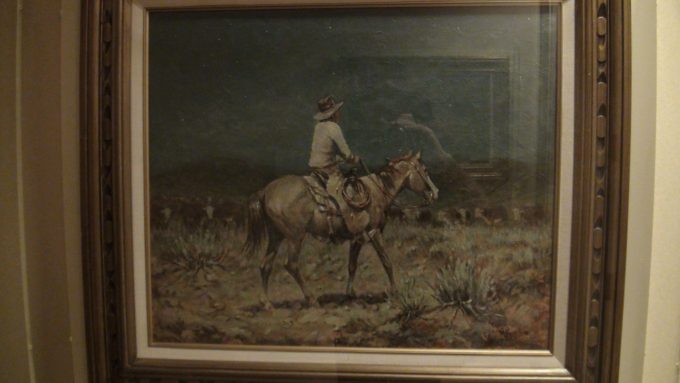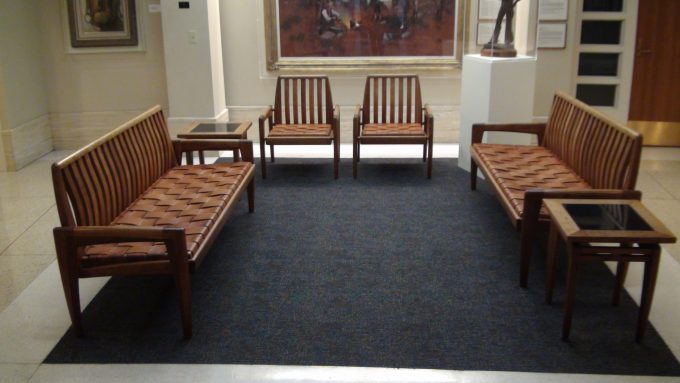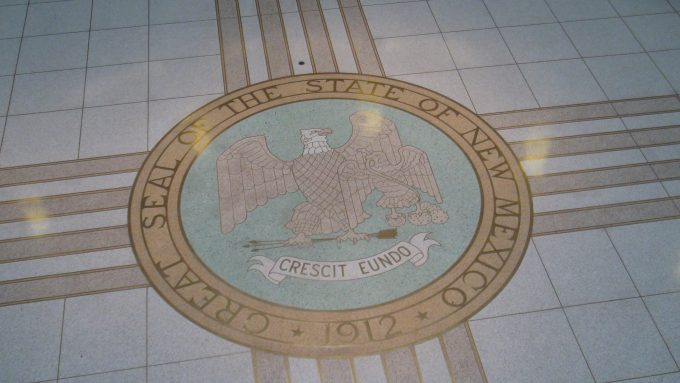
Wednesday, 16 January 2019
And as it is appointed for men to die once, but after this the judgment, Hebrews 9:27
The author, after speaking of Christ’s death which was “to put away sin by the sacrifice of Himself,” now states something which is considered a biblical axiom. He says, “And it is appointed for men to die once.” This was ordained in Genesis 3 after the fall of man. It is an appointment which will be met at the time determined by God, and its effects are final. Further, it is an appointment “for men.” Adam is the federal head of man, and all in Adam (male and female) are included in this appointment.
It is true that Scripture records several instances where someone dies and is brought back to life. And it is true that people die today, but they are resuscitated by CPR or in other ways. But what is stated here is no less true.
Those people who died and were brought back to life in the Bible were raised in order to glorify God. They are not exceptions, in the sense that God determined they would die in order for Him to demonstrate His power over death. When a prophet prayed for a dead child (for example, see 2 Kings 4:8-37), he did so in the name of the Lord. It is the Lord who healed. When Jesus came, he raised the dead under His own authority (for example: see John 11:1-44). And, when an apostle raised a dead person (for example: see Acts 4:36-43), he did so under the authority of Christ Jesus. Taken together, it is understood from such accounts that Jesus is the Lord (Yehovah) incarnate. This was the purpose of these displays of raising the dead. Each of these eventually went on to die again in the normal manner.
When a person dies today, and he is later brought back through medical procedures, it cannot be considered a resurrection, but rather a medical healing. There is a point where the body can no longer be resuscitated. At that point, the door is closed and it is final. The only exception in human history, outside of those miraculous restorations intended to bring light to the nature of Christ (to come or in Person), is the resurrection of Christ Himself. But it doesn’t change the fact that He died. After His death, His life was judged. God determined that His life was sinless, and He was resurrected. The wages of sin is death; He had no sin; and therefore, it was impossible for death to hold Him (see Acts 2:24).
The word, “once,” in this verse is in the emphatic position. The point of the emphasis, and the purpose of the entire thought, is to explain what has been previously submitted in the previous verses. Christ died once, and that death was sufficient for all sin ever committed. He does not have to suffer often, but has put away sin forever through His one all-sufficient atoning death.
Concerning the death of men (meaning all humans), the author continues with, “but after this the judgment.” This is another inescapable aspect of the existence of humanity. We are born, we live, we die, and then there will be a judgment. Christ’s life was judged and He was found without sin. There will be a similar judgment upon all humans. However, there is also the doctrine known as the rapture. That speaks of a time when believers in Christ will be translated to glory without actually physically dying. How can this be, and yet this verse here in Hebrews still be true? The answer to that is found in Paul’s words of Romans 6 –
“For if we have been united together in the likeness of His death, certainly we also shall be in the likeness of His resurrection, 6 knowing this, that our old man was crucified with Him, that the body of sin might be done away with, that we should no longer be slaves of sin. 7 For he who has died has been freed from sin. 8 Now if we died with Christ, we believe that we shall also live with Him, 9 knowing that Christ, having been raised from the dead, dies no more. Death no longer has dominion over Him. 10 For the death that He died, He died to sin once for all; but the life that He lives, He lives to God. 11 Likewise you also, reckon yourselves to be dead indeed to sin, but alive to God in Christ Jesus our Lord.” Romans 6:5-11
The judgment spoken of by the author in Hebrews is that of judgment upon sin. It is one which leads to either condemnation or salvation. As believers in Christ have had their sins judged at the cross of Christ, we have “died to sin” through Christ who “died to sin.” We are positionally in Him, and thus we can never spiritually die again. We have died once, and though our body may die physically, we must – it is impossible for it not to happen – resurrect someday to eternal life. For those who are alive at the rapture, they will simply skip the physical death part and they will be translated to their glorified state. Paul explains this in 1 Corinthians 15 and in 1 Thessalonians 4.
Another point which is tied into this verse concerning death and judgment is that Scripture records two people were translated to heaven without dying – Enoch, the seventh man from Adam, and Elijah the prophet. We can infer from several passages in the Bible (both Old and New Testaments) that it is probably these two men who will be back during the tribulation period to witness to the world as stated in Revelation 11:3 –
“And I will give power to my two witnesses, and they will prophesy one thousand two hundred and sixty days, clothed in sackcloth.”
However, they will be killed as is recorded in verse 7 of the same chapter. After this, they will be raised to life and taken to heaven in the presence of an unbelieving world. One thing is for certain, neither of these men will be Moses. That would be contrary to the tenor of this verse in Hebrews, but it is still proposed by scholars who incorrectly analyze the verse in order to justify their presupposition that Moses is one of the two witnesses.
In the end, the verse does not bear complication in any of the scenarios above when taken in the context of Scripture, and in light of what God is doing in redemptive history. It is a verse which is absolute in the truths it conveys. The context of seeming exceptions (such as those who are “dead to sin” in Christ being raptured) dispels any thought of the verse being faulty in any way.
Life application: This is an often quoted verse during sermons – and rightfully so! We try our best to not think of death, but it is coming for each and every one of us. Death is awaiting all people and we need to be prepared to meet our Maker. And the duration of our stay, even if not cut short, is not a long one –
“The days of our lives are seventy years;
And if by reason of strength they are eighty years,
Yet their boast is only labor and sorrow;
For it is soon cut off, and we fly away.” Psalm 90:10
In comparison to eternity, seventy or eighty years is utterly insignificant. Are you willing to step out in faith during these brief years and live a life of holiness and honor to Christ Jesus? He paid the greatest price imaginable to save you from condemnation. Consider this and determine today to bring credit and glory to His name during your brief and tenuous stay here! Call on Christ, and you will be – from that point on – dead to sin. Then live out the rest of your days acting as if it is true. May your life be in accord with the position which God has granted you in His beloved Son.
Lord, as the Psalm says, “Teach us to number our days aright, that we may gain a heart of wisdom.” Let us not fail You in our duties. Strengthen us to bring Your name the renown that it deserves. Praises, glory, and honor belong to You alone! Amen.




